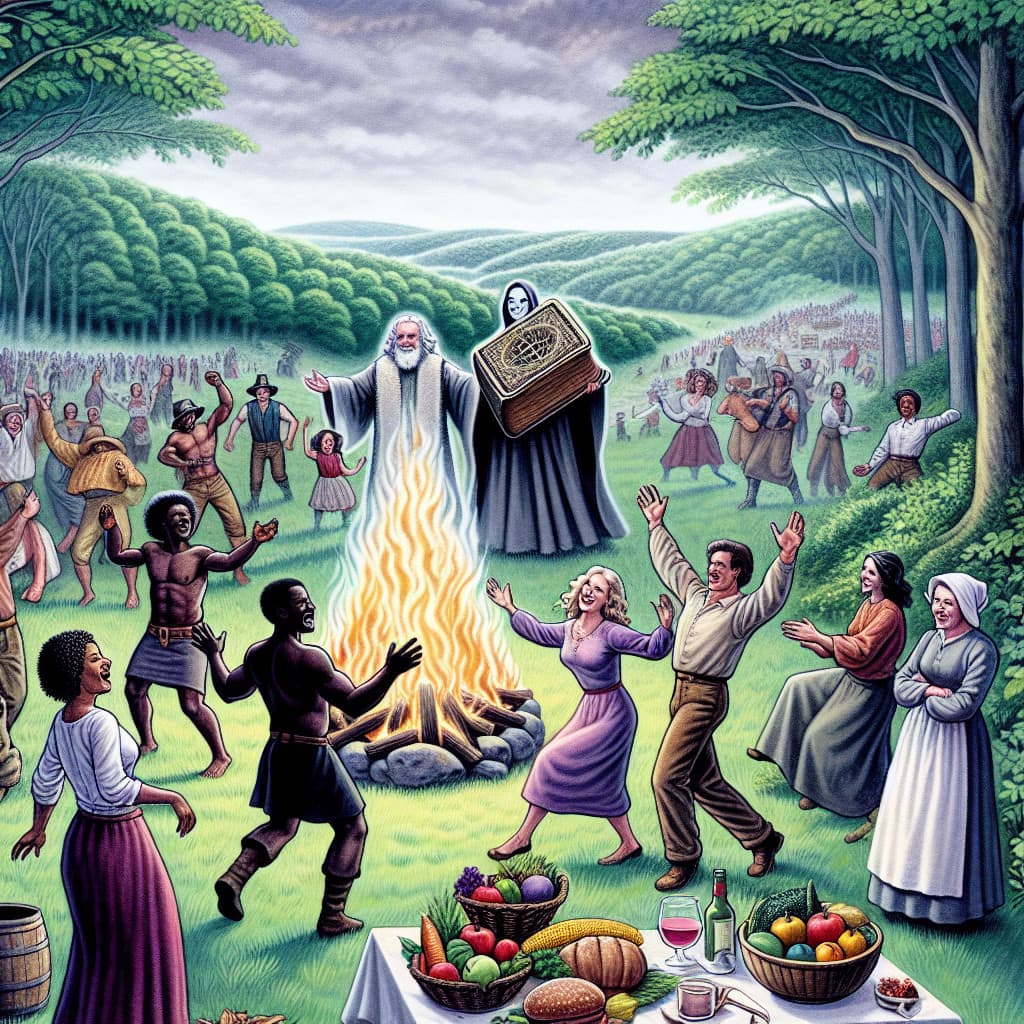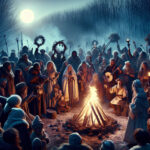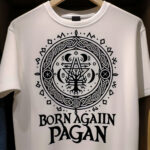The ancient pagan holidays have been around for centuries and continue to be celebrated by many communities today. But is celebrating these holidays a sin? This article will explore the various views on the morality of pagan holiday celebrations and their implications for modern-day believers. We will look at the history of pagan holidays, their role in spiritual practices, and how different religions view them. We will also discuss the potential benefits and risks of celebrating these holidays, and how to approach them in a way that is respectful of your own beliefs.
Celebrating Pagan Holidays: Is It a Sin?
Pagan holidays have been around for centuries and, while they often differ from Christian practices and beliefs, many Christians wonder if celebrating such holidays is considered a sin. The answer is not as straightforward as it may seem and depends on one’s perspective, religious beliefs, and understanding of the Bible.
What Are Pagan Holidays?
Pagan holidays are celebrations that typically involve honoring nature and the cycle of the seasons. They often involve rituals and activities such as bonfires, feasting, dancing, and divination. Pagan holidays typically occur around the same time of year as major Christian holidays, such as Easter, Christmas, and Yule.
How Do Christians View Pagan Holidays?
For many Christians, celebrating pagan holidays is seen as a sin because they are considered to be incompatible with their faith. Christians often view pagan holidays as being rooted in pagan beliefs and rituals that are in direct opposition to the teachings of the Bible.
The Bible is clear that other gods should not be worshiped, and celebrating pagan holidays can be seen as a form of idolatry. Some Christians may also view celebrating pagan holidays as a form of syncretism, which is the blending of different religious beliefs and practices.
Should Christians Celebrate Pagan Holidays?
The Bible does not explicitly forbid celebrating pagan holidays, and there is no one-size-fits-all answer for Christians seeking to discern whether it is permissible to do so. Ultimately, it is up to each individual to decide if celebrating pagan holidays aligns with their own Christian beliefs and values.
In some cases, Christians may choose to celebrate certain pagan holidays as a way to honor their cultural heritage. For example, some Christians may choose to celebrate the winter solstice as a way to honor their ancestors and keep alive certain traditions and customs.
In other cases, some Christians may choose to celebrate pagan holidays as a way to express their reverence for nature and the changing of the seasons. For instance, some Christians may choose to celebrate the first day of spring as a way to commemorate the beauty and life of the natural world.
Conclusion
Ultimately, the decision to celebrate or not celebrate pagan holidays depends on one’s personal beliefs and understanding of the Bible. Though it is important to be mindful of the potential religious implications of celebrating pagan holidays, there is no definitive answer as to whether it is a sin or not. Ultimately, it is up to each individual to decide if celebrating pagan holidays aligns with their own Christian beliefs and values.
In conclusion, it is important to remember that the celebration of pagan holidays is a personal decision and should be based on one’s own beliefs and understanding of their faith. It is important to note that there is no one-size-fits-all answer to this question, and it is up to each individual to decide what is best for them. Ultimately, it is important to remember that celebrating pagan holidays does not necessarily mean that one is committing a sin, but rather that one is engaging in a practice that may be viewed differently by different religious groups.





